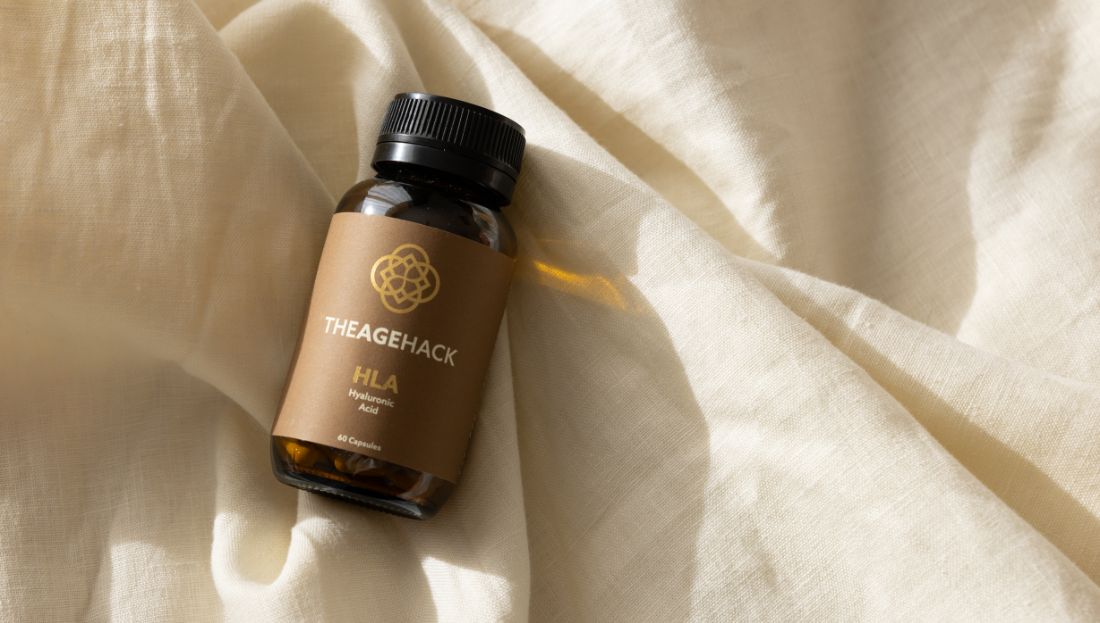
If you’ve never heard of autophagy, allow us to break it down for you. It’s essentially the body’s way of cleaning out damaged cells so it can regenerate newer, healthier cells.
The literal meaning of autophagy is “self-eating” but it’s also known as “self-devouring.” In the absence of sufficient food sources, the body starts to eat itself.
The Benefits of Autophagy
First things first, why would you want to get your body to eat itself? (It sounds gross, right?) Well, you’d be surprised with how beneficial this can be for your health.After all, some studies have found that autophagy helps to:
- Fight infectious diseases
- Reduce inflammation
- Strengthen the immune system
- Slow down ageing
- Preserve muscle loss
- Increase longevity
Autophagy has also been shown to inhibit the establishment of cancer, reduce the risk of diabetes complications and contribute to heart health for those with heart disease. However, more research studies are needed to confirm this.
3 Ways to Induce Autophagy
Although fasting is the most effective way to trigger autophagy, there are other ways to stimulate it too. Let’s investigate.Change Your Diet
Intermittent fasting or a ketogenic diet both have the same beneficial metabolic changes. Low glucose levels will occur, which go hand-in-hand with low insulin and high glucagon levels. It’s this high glucagon level that kickstarts autophagy by bringing positive stress to the body and putting it into “repair” mode.If you’re happy to fast intermittently, there’s no set rule when it comes to how many hours you should fast at a time. Some studies have found that autophagy may take between two and four days of fasting, depending on your individual metabolism. That said, this is classed as extended fasting and should only be done by healthy people two or three times a year after consulting with a doctor.
Alternatively, the keto diet is high in fat (75%) and low in carbs (5-10%), encouraging your body to use fat for fuel instead of the glucose that comes from carbohydrates. As well as causing starvation-induced autophagy, your body will then begin to produce ketone bodies with protective effects.
2. Consume Coffee, Turmeric and Extra Virgin Olive Oil
Speaking of food, some nutrients have been shown to stimulate autophagy, such as:- Curcumin, which is the main phytonutrient in turmeric
- Oleuropein, which is the primary antioxidant in extra virgin olive oil with anticancer potential
3. Exercise Regularly
Lastly, in addition to diet, exercise can induce autophagy in organs that participate in metabolic regulation processes. These organs include the liver, pancreas, muscles and adipose tissue.However, exercise-related autophagy is the most effective if training is lifelong and intense. This is regardless of your chosen diet.
Adapting to Autophagy
Autophagy is not just a phase — it’s a lifestyle choice. If you choose not to overwhelm the body with regular, heavy meals, you can give it the necessary break it needs to prioritise health and repair. Even so, make sure you adapt your diet and exercise regime according to what works best for you.If you require help, contact a health professional.
Already taking our NAD+ supplements to aid all fundamental biological processes (or considering it)? Stimulate autophagy beforehand for optimal results.





